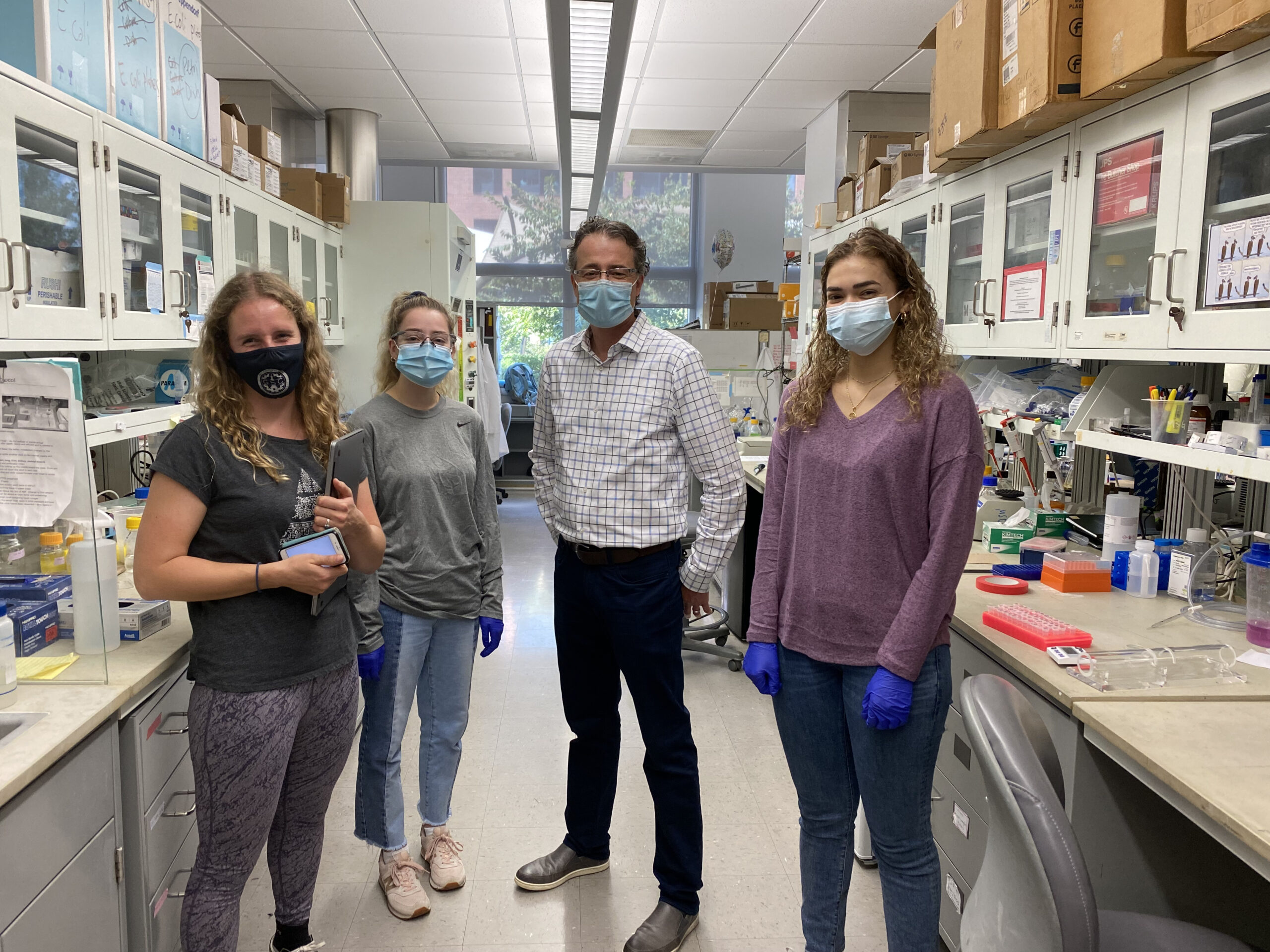Our Plan
Explore the Research Compass
Rare disease research is hard. We want to make the best use of limited time and resources to bring the most meaningful help and hope to our patients and families. That’s why we created the Research Compass: a list of critical research questions and the tools needed to answer them.
We will continually add publications, projects, people, and places to create a comprehensive information hub—so information is easily accessible and researchers can connect and collaborate. Please let us know if you'd like to be included!


Research Grant Program
Clinical Trial Information
Natural History Study
Research Tools & Biorepository
Professional Network
Convening the Scientific Community
Research Roundtables

Our quarterly Research Roundtable brings scientists and clinicians together to share ideas and build partnerships and collaborations to help them go faster and farther in their work.
Please join the Professional Network to get details and registration links to these virtual convenings.

Recent Publications
Read up on the latest progress for deeper understanding, earlier diagnosis, and better treatments.

Participate in the Natural History Study
Share your experiences as a patient or caregiver so all of us can better understand all the aspects of this rare disease and find better ways to diagnose and treat it.
Contribute to the Biobank Repository
Learn more about our partnerships to establish biobank repositories so researchers have easy access to diverse patient samples to study so they can better understand disease mechanisms.
Contribute to the Brain Bank
Support research about rare neurological diseases like Glut1 Deficiency by enrolling in the brain bank donation program at UT Southwestern under the direction of Dr. Juan Pascual.
Support the Million Dollar Bike Ride
Join Team Glut1 in the Million Dollar Bike Ride to help raise money for a Glut1 Deficiency research grant with matching funds from the Penn Medicine Orphan Disease Center.
Our work is not done.
Until there is a cure for Glut1 Deficiency, we will continue to fund research and drive progress. Join us on this mission.

